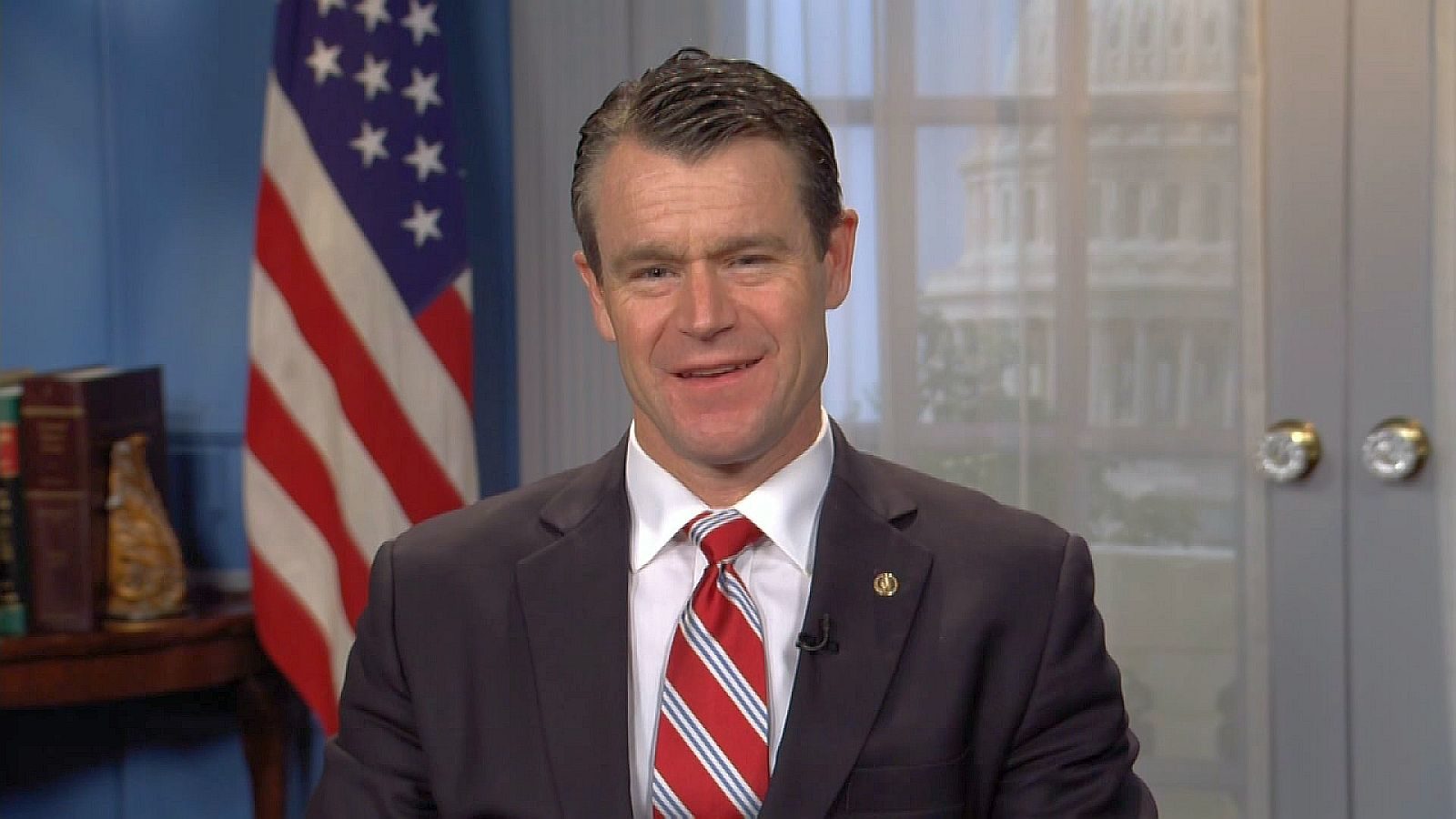U.S. Senators Todd Young (R-Ind.), Chuck Grassley (R-Iowa), Jon Ossoff (D-Ga.), and Raphael Warnock (D-Ga.) applauded the unanimous Senate passage of their legislation to improve justice for young survivors of sex crimes.
The Preventing Child Sex Abuse Act strengthens a federal sex tourism prevention law that prosecutors feared was too vague to convict former USA Gymnastics team doctor Larry Nassar, who sexually assaulted hundreds of young athletes, some of which occurred while Nassar had traveled across state and international borders. The bill also cracks down on the use of foreign charity work as a cover for child sex abuse schemes and closes gaps in laws to better protect against secret sexually explicit recordings of minors, as well as non-contact sexual abuse.
The bill now heads to the U.S. House of Representatives for consideration.
“Nothing is more evil or unthinkable than the harm of a child,” said Senator Young. “This bipartisan legislation will strengthen the protection of our children from predators and make sure abusers are prosecuted to the fullest extent for their crimes.”
Background:
In 2017, Nassar was convicted of several state sex offenses, but he was never charged federally for his illicit sexual contact with minors, despite crossing state and international lines to commit this conduct. That’s because federal authorities doubted whether his actions could be federally prosecuted based on the existing language of the sex trafficking statute.
The Preventing Child Sex Abuse Act corrects this issue and strengthens other child sex abuse statutes by:
- Prohibiting sexual predators from exploiting children during travel by clarifying that crossing state or international boundaries with the “intent to engage” in illicit sexual conduct constitutes a sex tourism offense. This provision would have increased the likelihood of federal charges against Nassar;
- Cracking down on sexual abuse under the guise of charity work by prohibiting the use of an affiliation with international charities or organizations to further illicit sexual conduct;
- Improving justice for survivors of non-physical sex crimes such as secret video recording by clarifying that the definition of “sexual activity” doesn’t require physical contact.
The legislation also expresses the sense of Congress that the safety of children should be a top priority for public officials and communities in the United States, and recognizes that survivors of sexual abuse – particularly children – carry long-lasting physical and mental trauma. Congress has a duty to clarify the laws to better protect children and hold predators accountable.
Full bill text can be found here.











